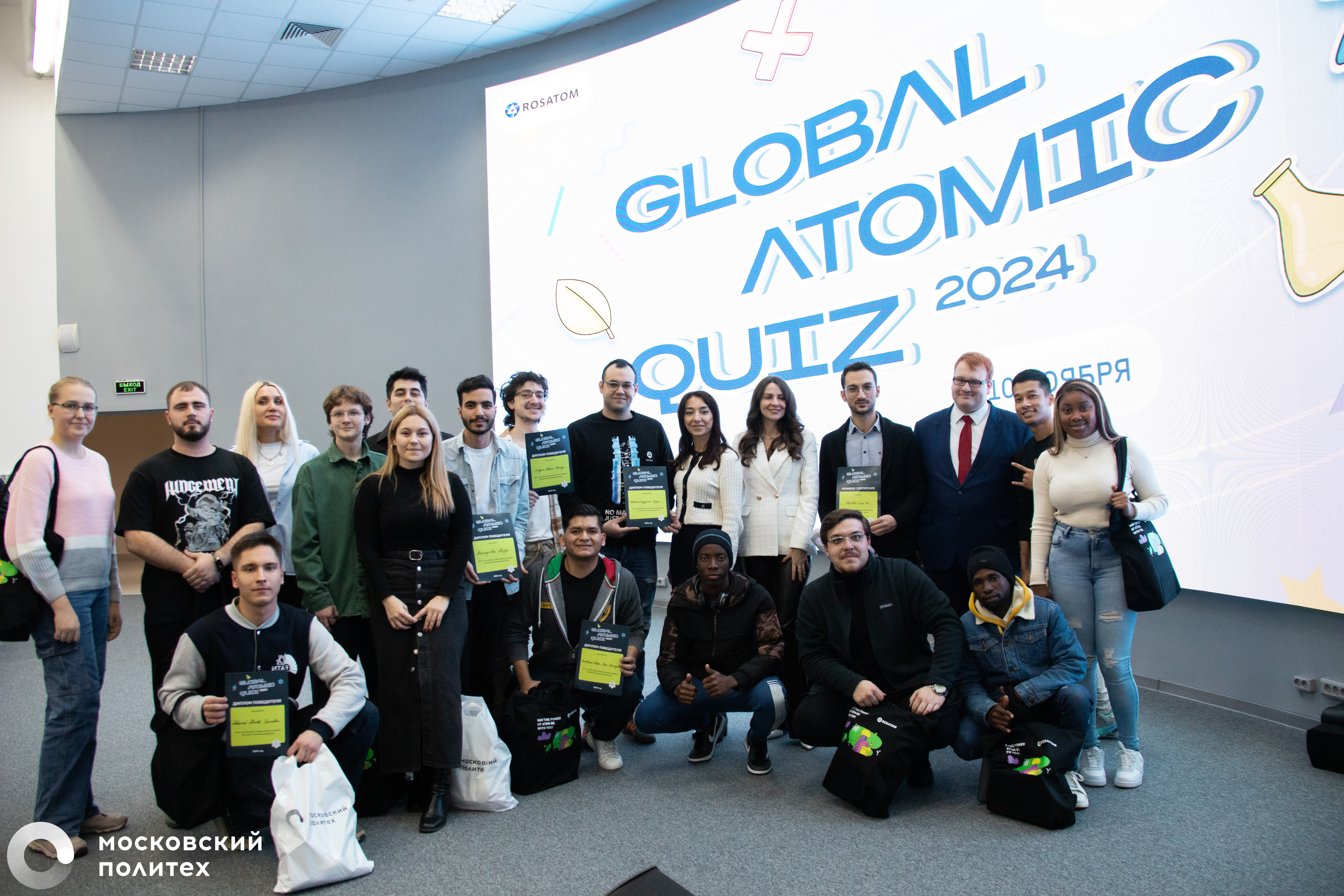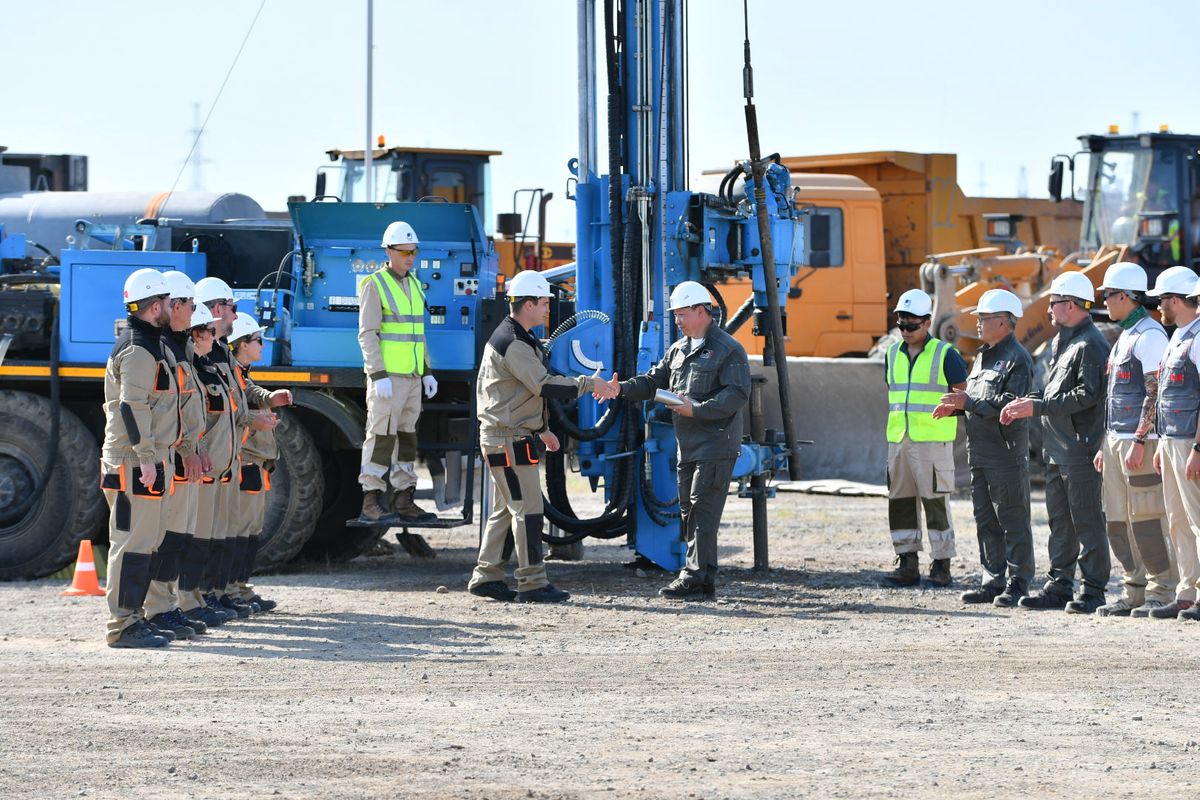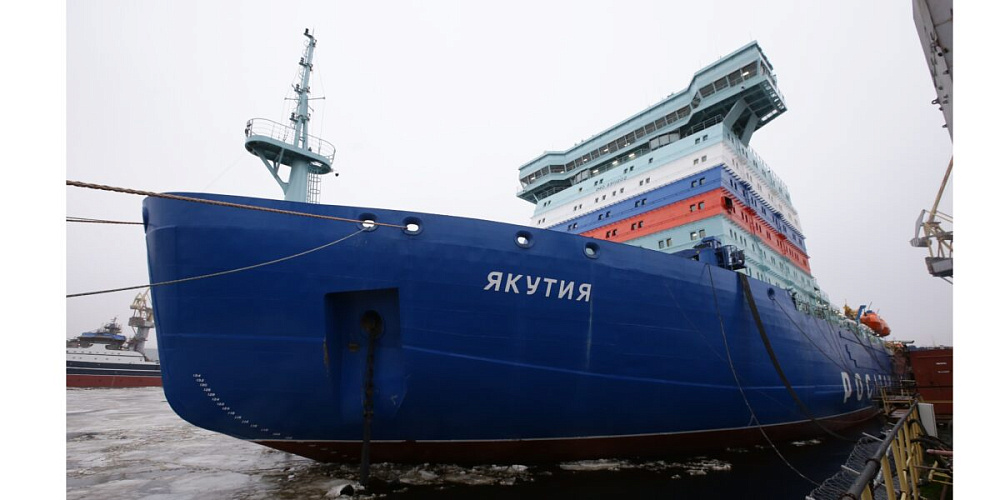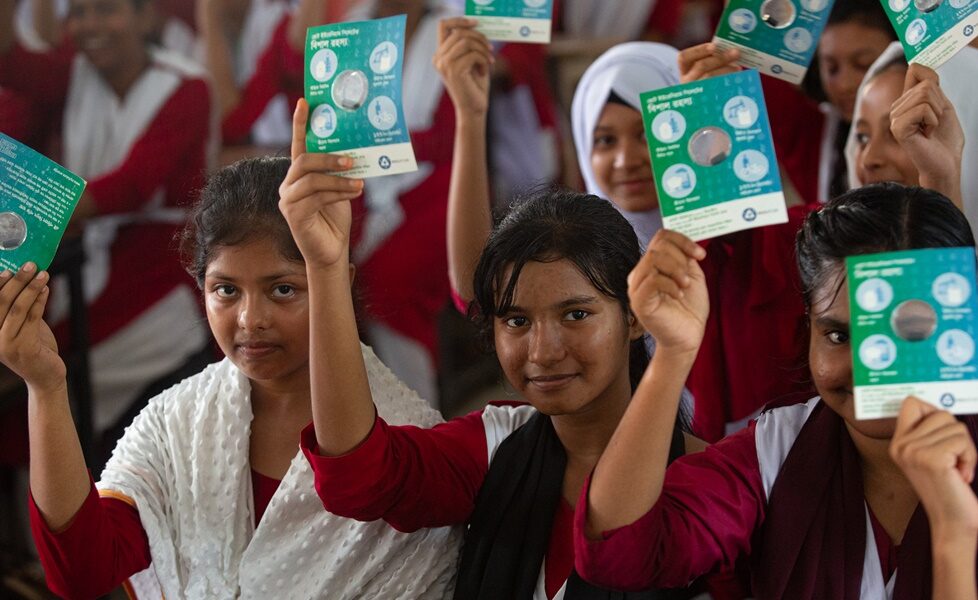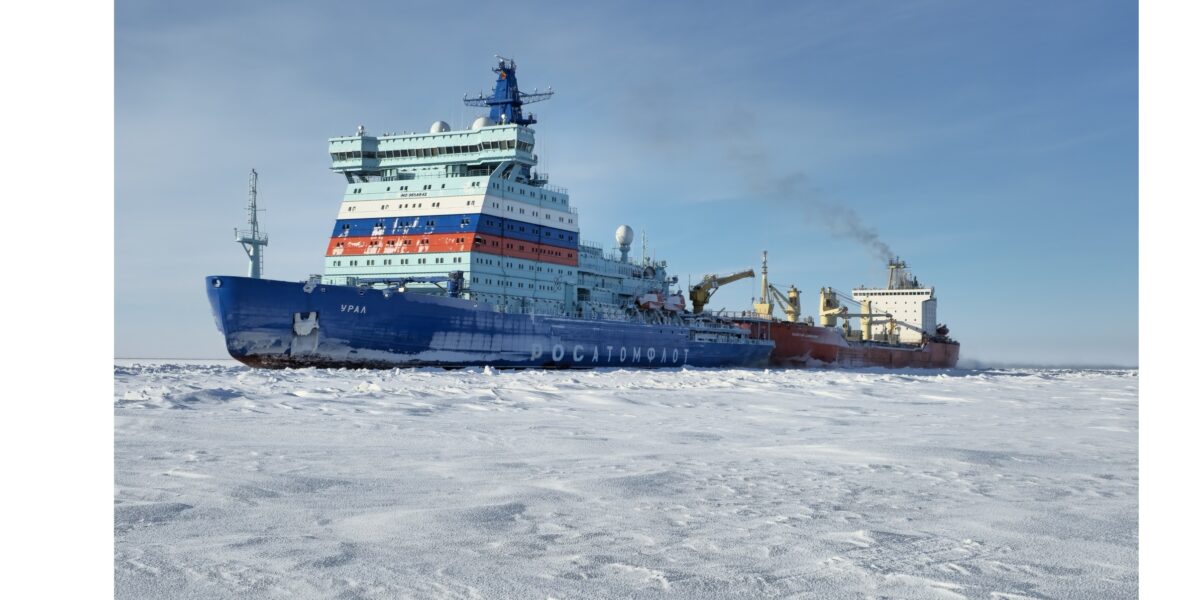On November 10, the State Corporation
Rosatom will hold the Global Atomic Quiz to mark World Science Day.
This year, the quiz will be even more accessible to participants around the world: it will take place online in 16 languages, as well as in person - fr om Vietnam to Brazil. The main offline event will be held in Moscow on November 10, wh ere university students will have the opportunity to test their knowledge.
Participants will not only learn more about peaceful nuclear energy and win unique prizes but also explore different eras of atomic discoveries. They will have 24 hours to answer 18 questions of varying difficulty and topics. The quiz questions will be divided into three thematic sections: “History,” “Today’s Technology” and “The Future.”
To take part in the quiz, participants need to register on the project’s website on November 10: https://quiz.atomforyou.com. The website also offers practice tests of different difficulty levels.
The list of winners will be published on the project website by November 22. One hundred winners will receive exclusive prizes. A special prize - a trip to Russia - will be awarded to three participants who demonstrate the best results. All participants will receive an electronic certificate.
Global Atomic Quiz is not just a popular
science quiz but a truly global educational project that explains the basics of
nuclear physics, shows the importance of nuclear technologies in everyday life
and highlights the role that nuclear plays in preserving our fragile planet.
The project has been held since 2020 in 16 languages: Russian, English, Uzbek,
Arabic, Hungarian, Turkish, Portuguese, Spanish, Chinese, Burmese, Indonesian,
Bengali, Kazakh, Kyrgyz, Mongolian, and Vietnamese. Over five years, more than
65,000 school and university students from over 100 countries have taken part
in the quiz. In 2023, the quiz became a prize winner of IX All-Russian award
“For Fidelity to Science” in the category “Science for the world”.
The educational activities of Rosatom are aimed at a broad audience. The goals of its scientific outreach projects, in addition to popularizing atomic technologies, include increasing access to knowledge about science and technology as a whole and enhancing the appeal of scientific and technical education and engineering specialties. The educational infrastructure network created by Rosatom includes 25 information centers for atomic energy in Russia and abroad, which attracted over 280,000 visitors in 2023.
The World Science Day for Peace and Development was established by UNESCO in 2001. Its purpose is to recognize the contribution of scientists to the progress of humankind.
The Government of the Russian Federation and major Russian companies pay significant attention to developing relations with partner countries. This activity includes educational and cultural programs, economic and scientific cooperation, improving living conditions, and developing infrastructure in regions of presence. The Rosatom enterprises actively participate in this work.

